A "perfect storm" of declining exports, high energy prices, and a faltering green transition has hit the German economy, leaving Chancellor Olaf Scholz's government at a loss about how to reverse direction.
On Wednesday, the government will release its most recent economic projections for 2024; however, media sources indicate that they will be drastically revised down to a measly 0.2 percent growth.
The administration continued to anticipate that output would grow by 1.3 percent in its autumn predictions.
According to the most recent data, the nation shrank by 0.3 percent at the end of 2023 and is expected to decrease once more in the first quarter of 2024. In addition, German media reported that if nothing is done, Germany might have anaemic growth through 2028.
According to Economy Minister Robert Habeck earlier this month, "a perfect storm" is battering the German economy, which is the largest in Europe and has historically driven development inside the eurozone.
He went on to say that things were "dramatically bad".
Multiple challenges have severely hurt Germany's once-dominant manufacturing sector.
After depending on inexpensive Russian gas supplies, the industry is still suffering from the spike in energy prices brought on by Russia's incursion into Ukraine.
Increased suffering has been caused by the European Central Bank's recent run of interest rate increases intended to control inflation, which has decreased investment and demand.
Due to weakened trade with important markets like China, which is producing more items domestically, exports have plummeted. Trade difficulties have been exacerbated by geopolitical concerns, which include Red Sea shipping interruptions.
The government was compelled to reconsider some of its climate expenditure plans last year due to a shocking court verdict, which has put more obstacles in the way of the long-promised transition to a greener economy, which would require significant public and private investment.
Certain German companies have already left due to the allure of attractive green subsidies in the United States; they claim that Scholz's administration is not providing enough incentives.
Approximately sixty firms, including the German chemical giants BASF and Bayer, together appealed to the leaders of the European Union this week to approve a "European industrial deal" in order to help revive the industry.
"Europe faces the risk of being reliant on chemicals and even necessities in the absence of a focused industrial policy. This cannot be allowed to happen in Europe," the declaration said.
18 federations, who together form the "Mittelstand" of small and medium-sized businesses that are regarded as the backbone of the German economy, encouraged lawmakers to intervene over the weekend in an open letter.One minute remains until midnight. Nothing less than the German Mittelstand's salvation is at risk," it stated.
However, there is disagreement among Scholz's coalition's three parties—the liberal FDP, the Greens, and the Social Democrats.
Pro-business Finance Minister Christian Lindner of the FDP aims to reduce red tape and lower taxes for companies.
He has cautioned that "Germany will become poorer if we do nothing."
After months of backroom negotiations, legislators are scheduled to pass a draft law on Wednesday that would lower corporate taxes by almost seven billion euros ($7.5 billion) annually.
However, Ecologists' Minister Habeck of the Greens wants to go farther.
He has advocated for easing the government's self-imposed yearly borrowing ceiling, known as the "debt brake," which is established in the constitution and which opponents claim has impeded much-needed expenditure on funding environmentally friendly projects and modernizing infrastructure.
After a high court determined in November that the government had violated the debt rule by moving billions of euros intended for pandemic assistance into a climate fund, which completely destabilized Scholz's budget, tensions over the brake escalated.
Scholz's Social Democrats have now indicated that they are amenable to changing the regulations, but the FDP would not tolerate any easing of the debt brake.
The government's popularity has sharply declined, partly due to economic challenges.
Last month, countrywide tractor demonstrations were sparked by plans to eliminate agricultural fuel subsidies, and many farmers expressed their displeasure with Scholz and his coalition partners.
Bijan Djir-Sarai, the secretary general of the FDP, has questioned the coalition's viability.
According to him, "an economic turnaround is necessary," the tabloid Bild said. "The deciding point in the coming weeks and months" will be whether the alliance can implement the necessary adjustments, he continued.
End//voice7news.tv



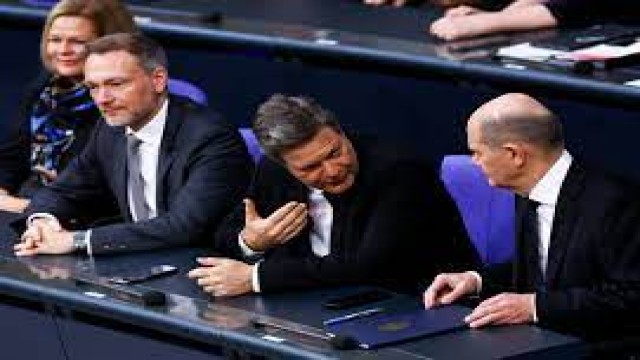


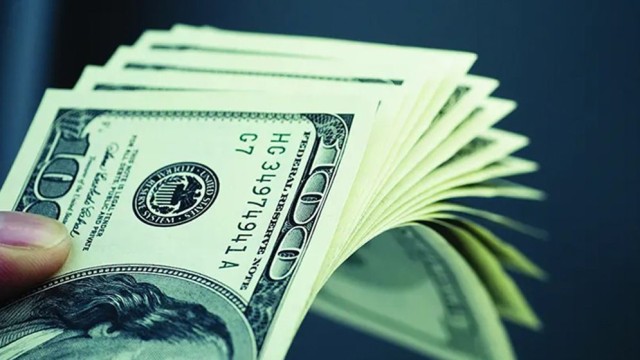

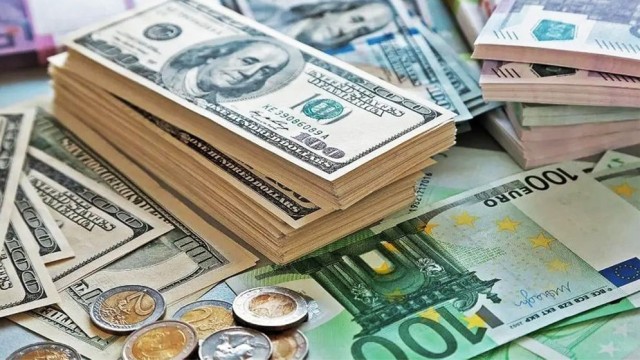



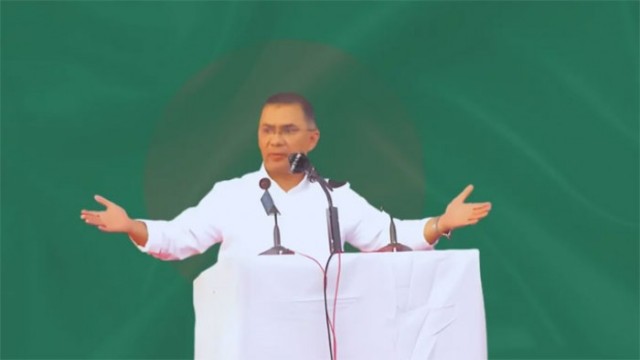









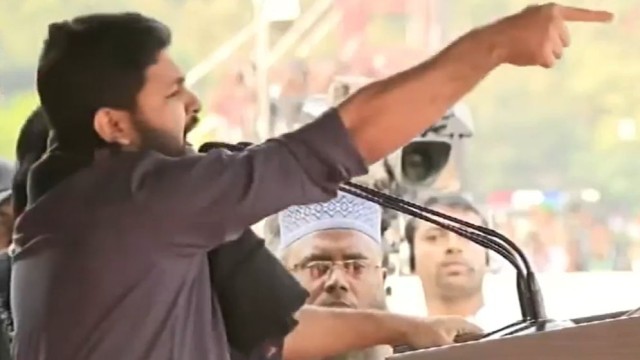





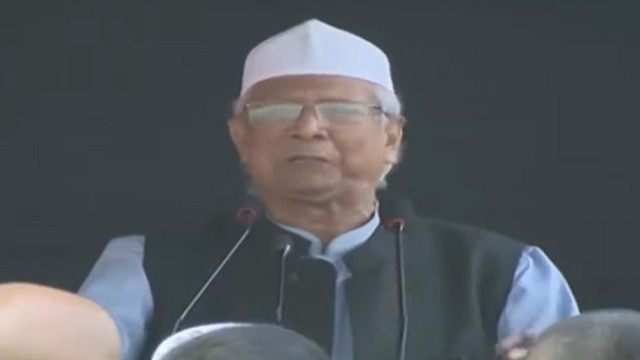
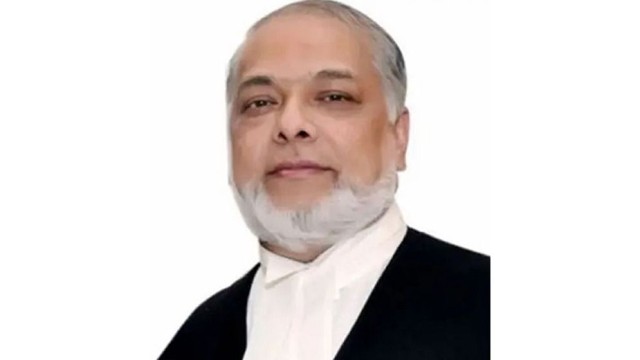
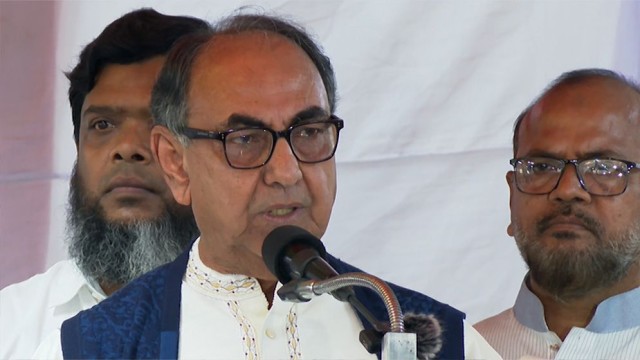
Comment: